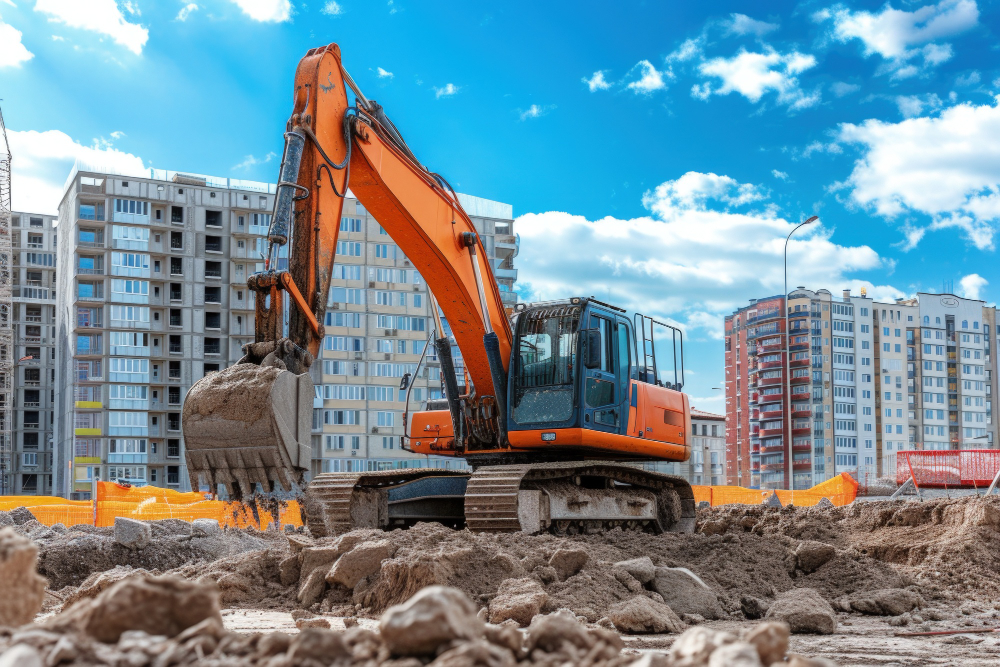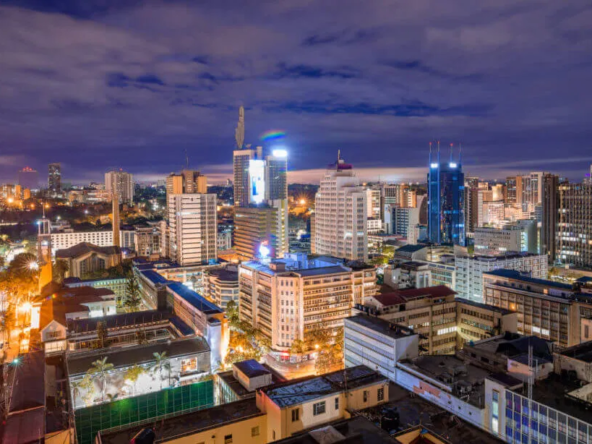Why Local and Foreign Investors Are Choosing Off-Plan Property in Kenya
If you’ve been watching the Nairobi property market closely, you’ve probably heard a lot of buzz around off-plan real estate investments. But what does it really mean, and is it right for you?
At UrbanGreen Real Estate, we’ve guided many clients through the off-plan journey, and here’s what we can confidently say: when done right, buying property off-plan can be one of the most rewarding decisions you make.
Let’s explore why both Kenyan and foreign investors are keen on off-plan, especially in fast-growing areas like Kilimani, Lavington, Kileleshwa, and Westlands; and how you can make the most of this opportunity.
Why Off-Plan Is Gaining Popularity in Kenya
-
You Buy Low and Watch It Grow
One of the biggest advantages of going off-plan is getting in early, when prices are lowest. Developers typically offer attractive launch prices to attract early buyers. That means if you commit early, you’re likely to see the value of your property rise even before you move in.
We’ve had clients who bought 2-bedroom units in Kilimani for KSh 8.5M during the pre-construction phase. Today, those same units are fetching over KSh 10.5M. That’s a tidy return before you even collect your keys.
-
Flexible Payment Options Make It Easier to Buy
Unlike buying a completed home, most off-plan projects let you spread out your payments. You usually pay a 20–30% deposit, then the rest in instalments over the construction period. This setup works well for many buyers because it gives you time to plan your finances without rushing into a mortgage or exhausting your savings.
-
Strong Demand = Good Investment Potential
Nairobi’s population is growing fast, especially in the middle and upper-middle classes. That’s pushing demand for housing in well-located areas like Kilimani, Kileleshwa and Westlands. Whether you’re planning to live in your property or rent it out, there’s usually no shortage of demand. And with rental yields in some areas hitting 6–12% pa, it’s easy to see why investors are paying attention. These returns have in some cases gone upto 21.6%pa for furnished units.
-
You Get a Say in the Finishes
Another plus? You can often customize things like tiles, cabinets, paint work, and lighting. Some developers even let you tweak the layout. It’s a chance to make the home feel more personal—and potentially boost its future resale value too.
-
Developers Often Sweeten the Deal
To encourage early commitment, some developers throw in extras—like kitchen appliances, smart home features, or preferential parking spaces. These little perks can add real value.
The Not-So-Glamorous Side: Risks to Watch Out For
As with any big decision, there are risks. The key is knowing what to look out for—and how to avoid the common mistakes.
-
Delays Do Happen
Construction delays can and do happen. Sometimes it’s a cash flow issue, other times it’s red tape with permits. We’ve seen projects meant to take two years drag on well into a third. It’s frustrating, but not unusual in the local market.
-
Not All Developers Are Equal
Some developers tend to make grand promises, only to fall short on delivery. It’s not uncommon to find projects where the original designs are altered without notice, lower-quality materials are used instead of what was advertised, or, in the worst-case scenario, the entire development is abandoned. This is why it’s absolutely essential to work with a reputable and experienced developer. someone with a solid track record and a commitment to delivering exactly what they promise.
-
Legal and Regulatory Issues Can Trip You Up
In Kenya’s property market, legal and regulatory issues can be a hidden trap for inexperienced off-plan buyers. Problems like unclear land ownership, missing approvals from the county or National Construction Authority, or land with existing disputes can easily delay or completely derail a project. That’s why it’s critical to verify every legal document before you commit.
Ensure the title deed is clean, approvals are in place, and the project is properly registered. A qualified real estate lawyer can be a valuable ally here, don’t skip this step.
-
Market Fluctuations Can Impact Your Returns
The real estate market doesn’t exist in a vacuum. Factors like inflation, changing interest rates, and political instability can shift the market landscape quickly. For off-plan investors, this means the property you expected to appreciate in value could face price stagnation. That’s why timing, research, and a solid risk buffer are essential. Understanding broader economic trends can help you plan better and avoid unpleasant surprises down the line.
How to Get It Right: Tips From the UrbanGreen Team
We’ve helped many buyers successfully invest in off-plan properties, and here are a few ‘tried and tested’ strategies:
-
Do Your Homework on the Developer
Ask to see past projects. Visit their offices. Talk to previous buyers. If something feels off, don’t ignore your gut.
-
Always Ask to See the Paperwork
Check for:
- Title deed (make sure it’s clean and valid)
- Approvals from local authorities
- National Construction Authority (NCA) registration
- Environmental approvals (EIA report)
And please please please, I insist get a lawyer to look at the documentation and the sale agreement. Don’t go it alone.
-
Don’t Agree to Pay Too Much Too Soon
Negotiate a payment plan that matches progress. Pay as the project moves forward—not all upfront. You might be attracted to very big discounts but Our advise is, make a deposit and the balance pay as the development progresses. Best formula would be as below.
30% Deposit.
50% During construction.
20% Upon completion.
-
Make Regular Site Visits
Even if it’s just once every few months, showing up helps you keep tabs on quality and timelines. And once the structure is done and finishes are been done, its best to micro manage your unit especially if you had agreed of design changes with the developer.
-
Know Your End Goal Before You Buy
Before committing to an off-plan property, be clear about your long-term objective. Are you planning to make it your home, rent it out for passive income, or flip it for a profit after completion? Your answer will shape every step of the process, from the location you choose and the unit type you invest in, to the kind of finishes you select and how you structure your payment plan. A clear goal helps you stay focused and make smarter, more strategic decisions throughout the journey.
Why UrbanGreen Real Estate?
We focus on quality off-plan projects in Nairobi’s most desirable locations. Our team personally vets every developer and project we represent. We walk with you through every stage—selection, negotiation, paperwork, site visits, and handover.
We’re not just agents—we’re partners who care about your long-term success.
Final Word
Buying off-plan is not just a trend, it’s a smart, forward-looking investment when done right. If you choose the right developer, structure your payments wisely, and stay involved, the benefits can be significant.
And when you work with a team like UrbanGreen Real Estate, you don’t have to do it alone.
Let’s help you find the right opportunity. Reach out today—we’d love to walk the journey with you.




